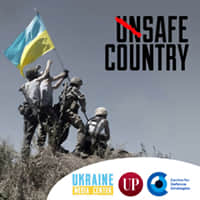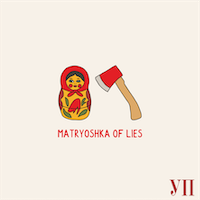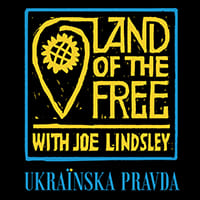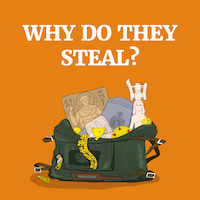Christine Dugoin-Clément: We know that Russia is always dancing on the red lines
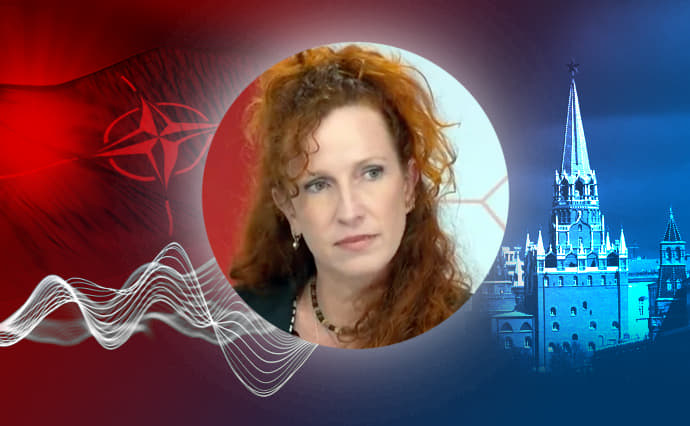
"The declaration of the alliance states was if ever Russia is pushing into one NATO member country, NATO will react. But if they are voluntarily pushing and we know that Russia is always dancing on the red lines. And it's a very dangerous game for everybody. I think that we had to keep in memory that each time Russia tests the limits, they did it with Georgia, they did it with Crimea, they did it in the Donbas war, using proxies and sock puppets, openly starting an invasion in Ukraine. And each time for the case that I mentioned, like Georgia, like Crimea, they observed the reaction of the Western countries. After this observation, they re-evaluate the capacity of reaction, what are the red lines and what are not. They replenish and they push a little more. And each time it is what they are doing. And this is why we are to be very careful. And this is why it has been said that Russia is a threat to the global security and that Western countries had to admit it and to keep that in mind".
In the new episode of the (un)Safe Country podcast, its permanent host Alina Frolova talks to Christine Dugoin-Clément, geopolitical analyst, and associate researcher specialising in strategies of influence, cyber and AI. The conversation is about the difference between the war waged by Russia against Ukraine and the wars that took place before, the way of thinking in this war, the influence operations by Russia, France's position and attitudes towards the war in Ukraine, what needs to be done to improve the policy of defending democracy and what other countries can do to defend democracy in the cognitive plane.
(un)Safe Country
(Un)Safe Country is a joint podcast of the Centre for Defence Strategies, Media Centre Ukraine and Ukrayinska Pravda. The host of the podcast, Alina Frolova, is a diplomat with a degree in geopolitics. She worked as a Deputy Minister of Defence. She coordinated cooperation with partners and NATO. She was involved in reforms in the Armed Forces of Ukraine.
She was responsible for the security of the Black Sea and took an active part in the establishment of the Crimea Platform. She is currently one of the leaders of the Centre for Defence Strategies. In the podcast, she will invite interesting interlocutors, military and civilian, experts and volunteers, Ukrainian and foreign, with whom she will discuss security issues and how to bring victory in the war with Russia closer.



